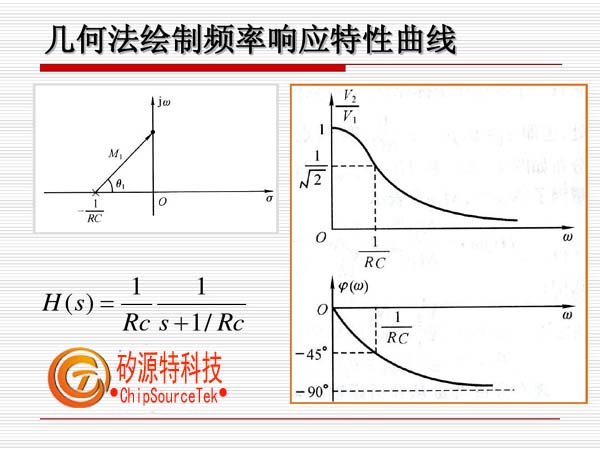frequency response
Time:2023-08-23
Views:734
The frequency range refers to the range between the lowest effective playback frequency and the highest effective playback frequency that the audio system can play back; Frequency response refers to the phenomenon where the sound pressure generated by a speaker increases or decays with changes in frequency, and the phase changes with changes in frequency when an audio signal output at a constant voltage is connected to the system. The variation relationship between the sound pressure and the phase and frequency is called frequency response, in decibels (dB). The concepts of frequency range and frequency response are sometimes indistinguishable and are called frequency response.

The frequency characteristics of sound systems are often described by the power represented by the vertical axis of the decibel scale and the frequency response curve represented by the horizontal axis of the logarithmic scale. When the sound power is 3dB lower than normal power, this power point is called the high-frequency cutoff point and low-frequency cutoff point of the frequency response. The frequency between the high-frequency cutoff point and the low-frequency cutoff point is the frequency response of the device; The curves of sound pressure and phase lag changing with frequency are called "amplitude frequency characteristics" and "phase frequency characteristics" respectively, collectively referred to as "frequency characteristics". This is an important indicator for evaluating the performance of a speaker, which is directly related to its performance and price. The higher the decibel value, the flatter the frequency response curve, the smaller the distortion, and the higher the performance of the speaker.
In theory, a frequency response of 20-20000Hz is sufficient. Sound below 20Hz, although not audible, can be detected by other human sensory organs, that is, the so-called bass force can be felt. Therefore, in order to perfectly play various instruments and language signals, amplifiers need to achieve high fidelity goals in order to reproduce all harmonics of the tone. So the frequency band of the amplifier should be extended, with the lower limit extending below 20Hz and the upper limit increasing to over 20000Hz. There are different ways to represent the frequency response of signal sources (such as radio receivers, recording consoles, and CD players). For example, the frequency response of FM stereo broadcasting specified by the European Broadcasting Union is 10/-2dB at 40-15000Hz, while the International Electrotechnical Commission sets the minimum frequency response index for recording stations as 10/-2.5/-4.5dB at 40-12500Hz (regular band). The actual achievable index is significantly higher than this value. The frequency response limit of the CD player is 20000Hz, and the low-frequency end can be very low, only a few hertz, which is one of the reasons for the good playback quality of the CD player.

|
Disclaimer: This article is transferred from other platforms and does not represent the views and positions of this site. If there is any infringement or objection, please contact us to delete it. thank you! |











